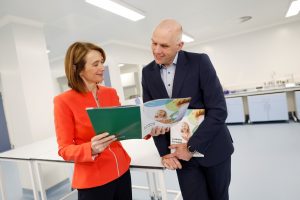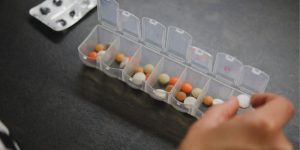After several months of crisis, we can discern some of the key lessons learned from COVID-19 for the future of pharmaceutical policy in Europe. The COVID-19 outbreak in Europe has catalysed some long-standing issues in the functioning of pharmaceutical policy, as well as the impact this can have on patient access and hospital and pharmacy supply.
The off-patent medicines industry mobilised all efforts to ensure medicines continued to be developed, transported and supplied, in collaboration with the European Institutions, throughout the crisis. Our industry notably massively scaled up production and put in place cooperation mechanisms to tackle the colossal surge in demand for medicine.
Lessons learned
- Manufacturing contingency plans enabled a dramatic increase in supply during COVID-19.
- Government pandemic planning should exempt medicine manufacturing and logistics from lockdowns and other control measures.
- Avoiding shortages during a pandemic requires industry coordination, demand visibility and close cooperation between governments/regulators and industry for regulatory flexibility.
- EU and national coordination to ensure equitable supply of medicines is important for industry. Hoarding and other restrictions undermine our ability to supply patients in need.
- Disruptions to global supply chains did not cause any critical shortages during COVID-19 because Europe has a robust medicines and API manufacturing sector. The sector should be strengthened to increase Europe’s manufacturing competitiveness and resilience.
- Repurposing of medicines was essential in securing treatment options in a crisis. A fit for purpose regulatory and market framework is needed to encourage future repurposing developments.
The full Policy Paper, detailing the lessons learned from COVID-19, is available to view here.








